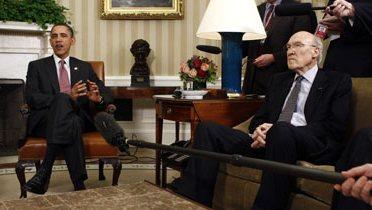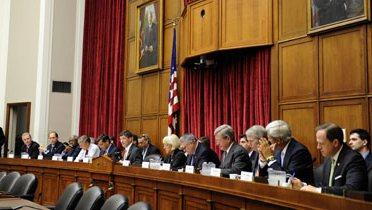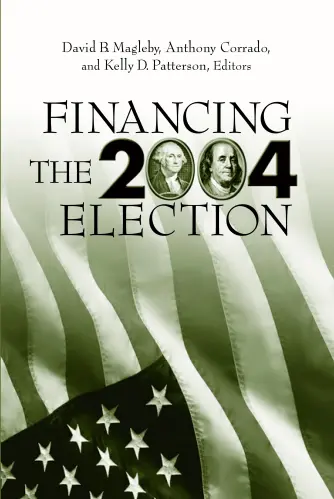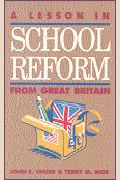The process for raising the debt ceiling was unbelievably awful, outrageous, irresponsible, embarrassing–-no adjectives are too strong. A minority with inflexible views not only put the economic wellbeing of millions of their fellow citizens at risk, but put the world’s faith in the U.S. political system in jeopardy. We will all pay a price for this in the coming years.
That said, this deal could be a big plus for the cause of fiscal sanity. It all depends on what happens next. To be sure, Democratic critics blame the president for agreeing to cut spending too deeply without getting any revenue increases or new support for the flagging economy. And Republican critics blame the president for putting national security at risk with steep cuts to the defense budget, without reforming entitlements. However, both these views assume that the Joint Select Committee put in place to craft the second stage of the agreement will fail, triggering automatic additional spending cuts that both sides find unacceptable. But that scenario is not likely to happen.
First, there is hope that the Joint Select Committee will produce a combination of entitlement reforms that slow future spending growth and revenue-increasing tax reform that could command a congressional majority and be signed by the president. Such a package, which could include an extension of unemployment benefits and a longer payroll tax holiday, could help the flagging recovery and stabilize long-run debt or at least take a substantial step in that direction. Second, even if this process fails, the spending cuts that both sides fear are likely to be modified. The point of a trigger is to encourage compromise by posing an unacceptable alternative that forces opponents to cut a deal. It is hard to imagine that spending cuts unacceptable to a majority in both House will actually take place. More likely the cuts will be modified or the trigger will be overridden.
I strongly believe that putting our federal budget on a responsible, sustainable path requires bipartisan agreement on a package with three elements: (1) caps on discretionary spending growth, both domestic and defense, (2) entitlement reform that slows the growth of Medicare and Medicaid and preserves Social Security for future beneficiaries; (3) tax reform that simplifies the tax code and broadens the tax base to raise more revenue with lower rates. The Simpson Bowles Commission, the Domenici-Rivlin Debt Reduction Task Force, the Senate’s Gang of Six, and numerous other bipartisan groups have provided blueprints for this three-step agenda. Reportedly, both the president and Speaker Boehner want such a “grand bargain.”
The legislated spending reductions in the debt deal are very much in line with the discretionary spending caps in Domenici-Rivlin and less severe than those in Simpson-Bowles, so step (1) has been taken. The Joint Select Committee, with the active support of the president and moderates in both parties, could take steps (2) and (3). This could happen if party leadership perceives that the public is revolted by the partisan gridlock of the past months and desperately wants compromise. Of course, they would have to stand up to the extremists of both right (no revenues, even with lower tax rates) and left (no benefit cuts in Medicare or Social Security) to reach such a compromise.
Polls show clearly that a majority of the public is angry with the unseemly behavior of their elected representatives and want more civil discourse and constructive compromise. The Standard and Poor’s downgrade is symbolic of the economic damage that such behavior has done. The August recess will be test whether politicians can listen to the public and come back prepared to work together in the common interest. If so, the debt deal could provide the first three steps on the road to a sensible, sustainable federal budget and the restoration of confidence in American democracy, at home and abroad.









Commentary
Op-edThe Debt Deal: A Hopeful View
August 9, 2011